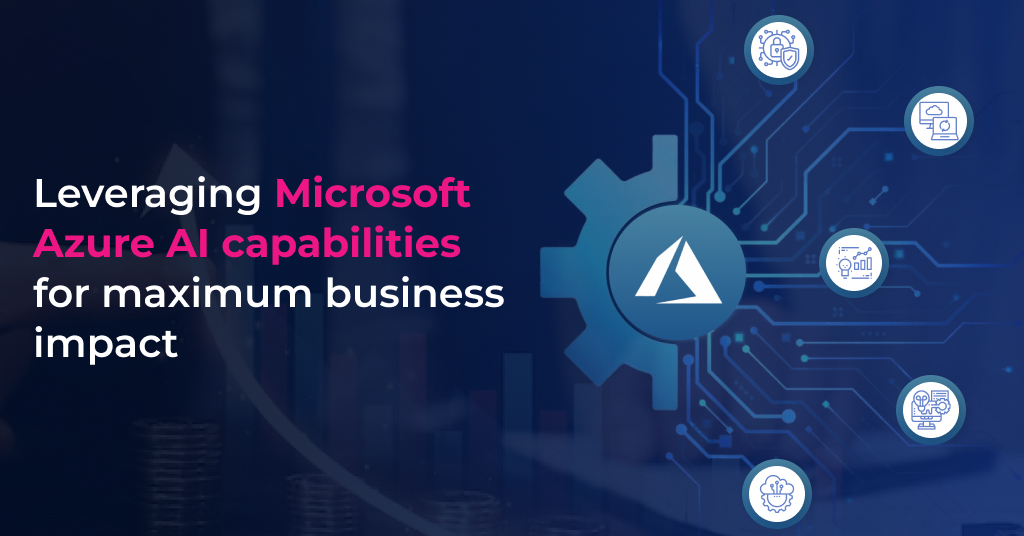Every business is meant to make profits. Responsible business practices always try to see that it is a win-win situation for both the parties.
Evey business is different hence they need to figure out what works best in shorter and longer term. Over 20 years of my experience, there is significant learning developed to create sustainable business which creates value for all stake holders not only in terms of money but in many other aspect. We have used that learning to make certain rules which becomes guiding principles for conducting business.
In service industry, various people are involved at different stages of the project. The people who talks first to client, those who closes the deal, those who lead the project and those who develop it are different. Without some common set of rules and understanding, it would be difficult to form a team that functions in same direction.
I will try to narrate the “Why” part of those ethics.
Over a period of time, I have understood that many projects fail at requirement level. Because of over commitment , under estimation, Lack of understanding of business etc. can result in the change of course in the very beginning.
In the service sector – when an organization accepts the work – it is important for them to ensure that their existing available team can deliver the commitment.
Many organizations assume their past success as existing capabilities which drives them to take up the challenges which they cannot meet. Most of the time this gamble the clients investment.
People changes but rules must remain the same.
It needs to be ensured that –
Does the required skill matches with available skills ? Will they still be available when project starts? Is the decision maker capable to make decision to accept assignment or it is just a sale guy who closes the deal based on the static information on hand and under the sales target pressure? Is the commitment reasonably aligned with the cost?
So many variable at the play which we try to control by asking one question to ourselves.
Given a situation on hand, Can we deliver the best? Can we generate the reasonable return on clients investment on the project.
Hence the Rule number ONE
We only accept what we can deliver

In this fast paced, growth hungry business eco system , following something which morally is right is not enough. There must be good enough internal reason which economically must be aligned to follow this rule. Let us evaluate what happens if an assignment accepted which has reasonable gray area to meet commitments.
- Extended time period increases costs for both sides.
- Overwork for prolonged time increases burnout, which further leads to attrition.
- The exit of key people in the critical phase introduces more risks.
- Unhappy clients lead to an escalating situation.
- Escalation needs more energy and time, which is already less under the given situation.
- Brand and reputation damage.
- Possible project loss or reduced possibilities of repeat business and references
- Load on sales to generate new business; pressure on target leads to further overcommitments for quick closure.
This is a vicious cycle that never ends and creates a toxic culture, which leads to “perception generation exercised” by branding and marketing to show a picture that is different from reality.
Right-quality business mapped with delivery capacity and reasonable commitment saves a lot of trouble for all stakeholders. We take the utmost care and ask the right questions externally as well as internally to map all variables that can create an environment for successful project execution.
We never work on what clients can’t use

Many times clients have a clear requirement of the technical aspect but lacks the clear business understanding that will affect the present and future of the entire purpose.
The market is very mature these days, and most customers are very tech-aware. But there was a time when some overambitious projects came in such a way that even if we deliver the entire technical needs , client may not get the ROI expected.
For example, a person comes with a reasonable budget with the goal of creating a social network similar to some popular ones. Over a first call, we understand he has no complete understanding of any other aspect that is not technical in nature. The most likely case is that he won’t be able to make any revenue, even if you can code whatever he wants.
In such cases, it can be a partial win for us but a total loss for the customer. Legally, as a tech company, you can match your delivery with his requirements, but we know that the overall goal of making some revenue will not be achieved due to a lack of understanding in other aspects of the business.
We carefully evaluate and try to consult them or deny those assignments, as they might end up with the same fate as we mentioned in the first scenario, “We don’t accept work that we cannot do.” Many times, our consulting approach guides them through some preparation, extra validation, or we suggest them abandon the idea by giving the right information.
What’s the economics here ?
Even if we prove that we delivered what was asked, this ends in a sour relationship. It also requires a lot of time to justify, and that energy is also wasted at the end of the project. A fraction of the due diligence done earlier can avoid such a disaster and save the client a lot of money and time.
Many times, a client comes after a few months with better preparedness, and naturally, when he is prepared with a better plan, we top the list of his preferred vendors due to our honest and ethical approach to business.
Our success lies in your success

When we say we do a lot of evaluation at requirements, this does not mean that we don’t accept challenges. We try to genuinely check the feasibility. If there is a risk or gray area, we try to get those cleared at an early stage rather than making assumption.
But once we accept the project, we live by the commitment and make every effort to make it happen. This sometimes requires some extra work and energy and even supporting the client by going beyond what is typically put in the contract.
As far as we are convinced that client intention are not malafide, we go the extra mile to help them manage project risks that were beyond their control. We act like one team in such situations to come out of them.
We deliver what we commit to

We are custom software development company hired for the development of software / solutions which are generally not available off the shelf and most of the time we play instrumental role in their success.
So, understanding the client’s project objectives / business objectives that helps us to aim for the client’s success. Their success results in further reinvestment in the project by expanding features or requiring add-on maintenance due to more data and traffic etc. Also, when they think of any new development, they consider us on their priority list.
What is the economics?
The long-term project or long-term client creates a long-lasting relationship among various stakeholders, which brings efficiency, speed, and better risk control. The team enjoys working for the client, and every reduced attrition rate directly benefits the client.
Relationships matter, more than success

We are not very fond of the word “resource,” which is a very popular term for a working engineer who is deployed to generate revenue by putting time into the project. That word puts living and nonliving things in one basket.
For us, a computer machine or internet bandwidth is a resource, but a working engineer is human capital similarly Our clients are not some money generating machines rather they are our assets.
We deal with an organization but at the end of the day we work with people.
Hence relationships are important for us, and that comes before business. We believe in building strong relationships, which helps us understand each other’s needs better and enhance our capabilities to deliver better results. That also gives us purpose and joy in our work. When we say that we operate beyond transactions, we mean it.







